Twelve students were part of the inaugural cohort and twelve alums returned to campus to lead the program, which aims to provide future leaders with tools to use when dealing with challenging situations.
-
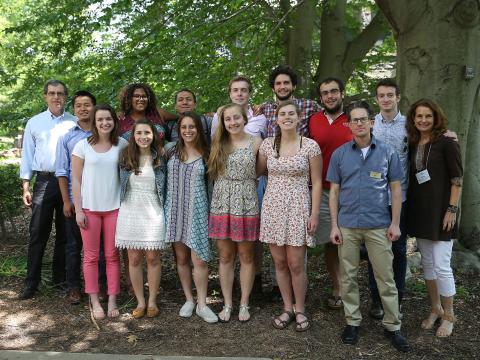
-

More than 1400 people attended Alumni Weekend 2016 as the campus celebrated classes that end in 1s and 6s.
-
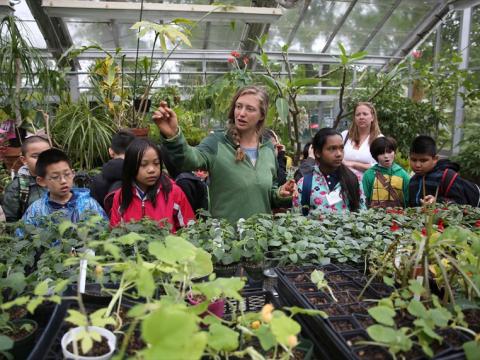
Angela Chan ’98, now a teacher at John H. Taggart Elementary School, brought 20 of her South Philly third-graders to campus to visit the Haverfarm.
-
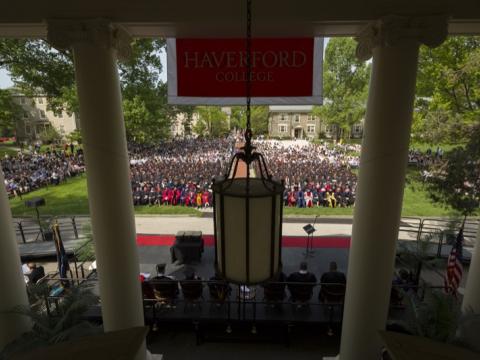
A gallery of images from the College’s 178th Commencement ceremony.
-
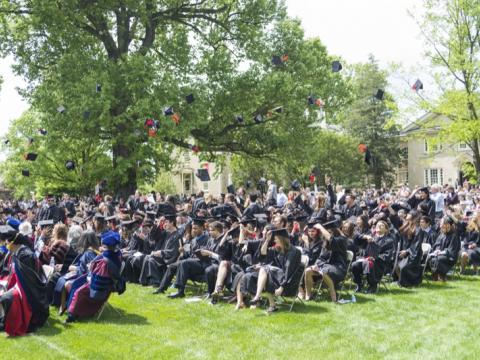
Congratulations to the Class of 2016! Follow us here and on Twitter for a real-time update of their graduation ceremony.
-
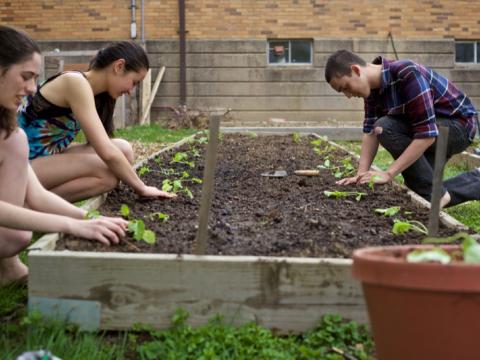
There were crafts, film screenings, a clothing swap, and locally sourced food in the Dining Center as part of the campus’ myriad Earth Day 2016 celebrations.
-

Though Michael Weber’s first Pinwheel Day at Haverford was marred by the disappearance of the pinwheels from Founders Green early in the morning, the campus community rallied to still celebrate the springtime tradition.
-
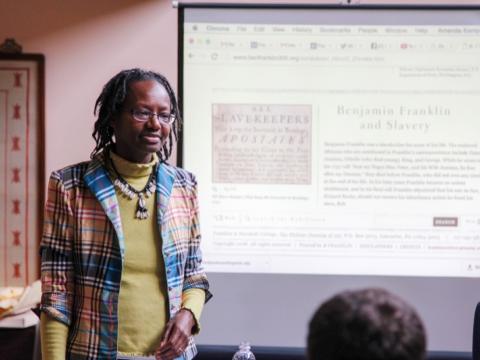
Poet-performer Dr. Amanda Kemp came back to campus for a second time this year as Haverford’s Friend in Residence.
-
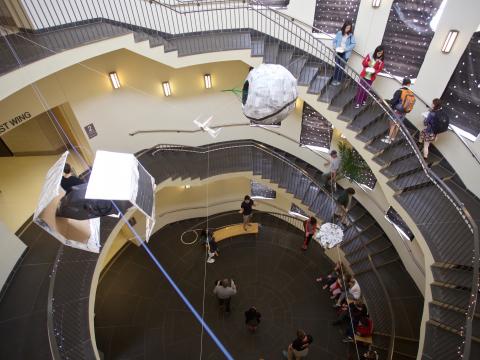
As is tradition, student scientists (and mathematicians and psychologists) decorated the campus science center in honor of April Fool’s Day.
-

The president of the University of Maryland, Baltimore County and chair of the President’s Advisory Commission on Educational Excellence for African Americans came to campus for a talk.
-
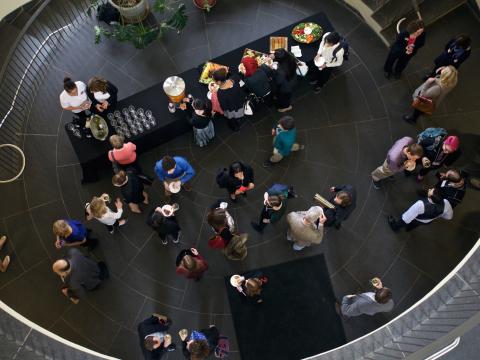
At Haverford’s second Public Policy Forum, alumni from across the professional spectrum returned to campus to talk to students about the wide range of careers that exist to address the complex issues facing our world.
-
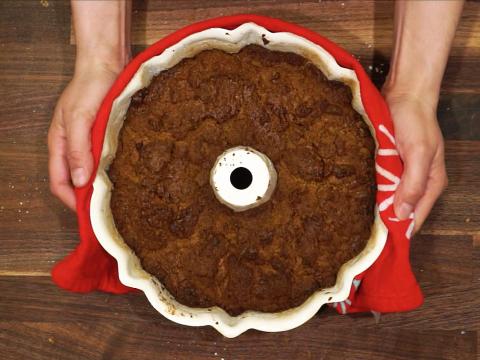
Back in December, the Library hosted an installment of […]
-

Asali Solomon, assistant professor of English and creative writing, brought poet Evie Shockley to campus for a reading and class visits.
-

The student group’s name is an acronym for “ethical, transparent, homegrown, organic, and sustainable,” which is how they would like the food they consume here on campus to be produced.
-
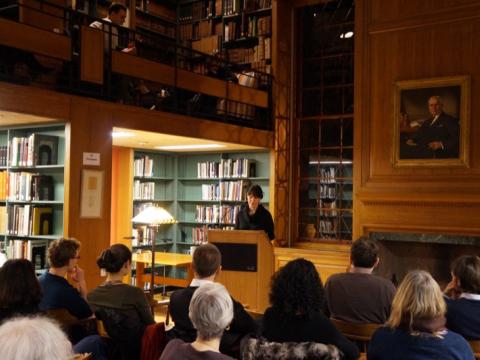
As part of her Hurford Center for the Arts and Humanities-organized Tuttle Creative Residency on campus, poet Joan Naviyuk Kane gave a poetry reading and visited classes.